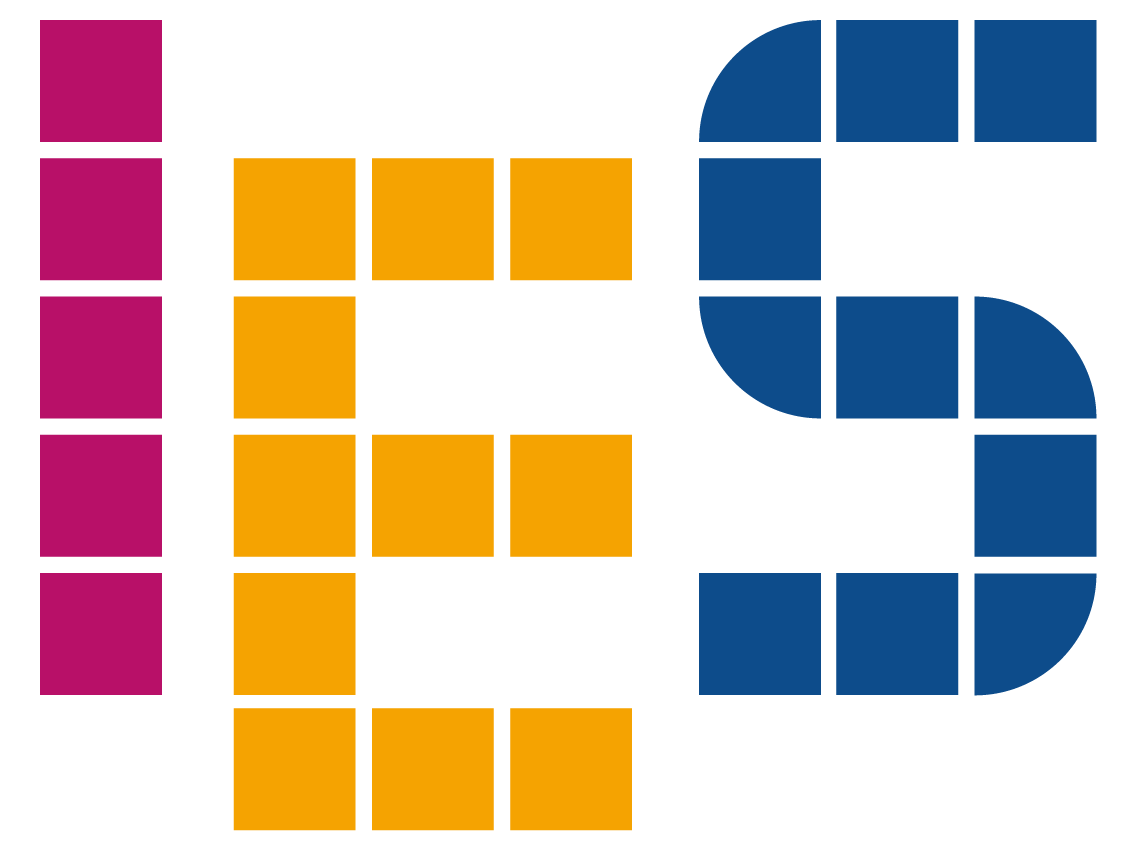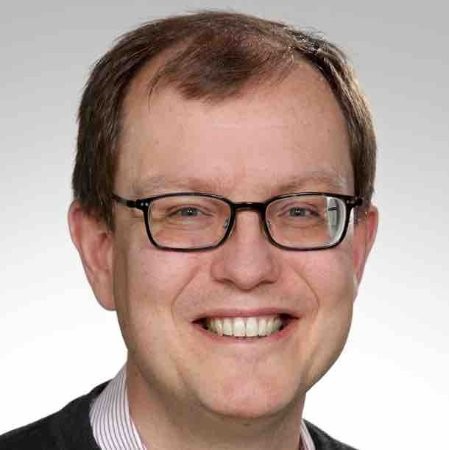36th ITG / GMM / GI -Workshop Test Methods and Reliability of Circuits and Systems
25 – 27 February 2024
The workshop “Test Methods and Reliability of Circuits and Systems”, organized by the Gesellschaft für Informatik, the VDE/VDI-Gesellschaft Mikroelektronik, Mikrosystem- und Feinwerktechnik and the Informationstechnische Gesellschaft im VDE, is the most important German-speaking forum to discuss trends, results and current problems in the field of test, diagnosis and reliability of digital, analog, mixed-signal and RF circuits. The exchange of ideas is an important concern of the workshop.


Submissions / Call for Papers
The scope includes contributions discussing industrial practice as well as research. We strongly welcome practice-related technical reports and results as well as contributions presenting theoretical work from the following areas:
- Adaptive systems (e.g. self-repair, self-healing, self-awareness)
- Automatic test equipment, test automation, test programs and test modelling
- Defect and failure modeling
- Diagnosis of failure causes
- Fault tolerance, resilience, robust and radiation-resistant systems
- Functional safety
- Hardware-oriented test and hardware-oriented safety
- Statistical and machine learning techniques for test and reliability
- System test and reliability
- Test and simulation of mixed-signal, RF and analog circuits
- Test generation, fault simulation, self-test and online-test
- Design-For-Test, DFT methodology
- Test costs and test quality
- Test standards such as IEEE 1149.x, IEEE 1687.x, IEEE P1838
Interested contributors should summarize their work onto not more than 2 pages, which can be submitted via the Easychair system. The contribution should describe the purpose, the novelty and practical applications of the work. Accepted papers can be published in the informal workshop handout if requested. For this purpose, the contribution could be extended to 4 pages.
The language of the Workshop is German. But, contributions and presentations in English are welcome as well.
Paper Submission
- Compact presentation of the research results
- Maximum two pages (DIN A4) incl. pictures and bibliography
- Accepted papers will automatically be included in the conference proceedings (without ISBN). These can be extended to up to four pages
- Submission website: easychair.org
Camera-ready version for printing
- Submission as PDF file (2-4 pages, DIN A4)
- IEEE templates are recommended
- Please do not use page numbers or headers, typefaces must be embedded and images should be in sufficient print quality
Registration
Registration for the TuZ workshop takes place via the VDE website. Registration site
Students and scholarship holders (scholarship recipients without a regular employment contract) can participate at particularly favorable conditions.
Hotel special price agreement 2024
In connection with TuZ, TU Darmstadt has negotiated special conditions for overnight stays with the following hotels:
- Maritim Hotel
- Welcome Hotel
- Intercity Hotel
- Felix Hotel
- THE Darmstadt
For details please contact the IES secretariat caroline.pierre@ies.tu-…
Overview registration options
| Registration option |
Registration fees (Early bird until 28 January 2024) |
Registration fee (Late registration starts at 29 January 2024) |
| Member VDE/VDI/GI/GMM* | EUR 290,00 € | EUR 330,00 € |
| Non-member | EUR 320,00 € | EUR 360,00 € |
| Student/scholarship holder* without regular employment contract | EUR 80,00 € | EUR 120,00 € |
* Discount only when sending a copy of the VDE/VDI/GI membership card or the student card/scholarship holder confirmation.
The conference fees include the printed conference proceedings, drinks during breaks, lunch & dinner as well as the social event. The conference pass and the conference documents will be issued on site.












